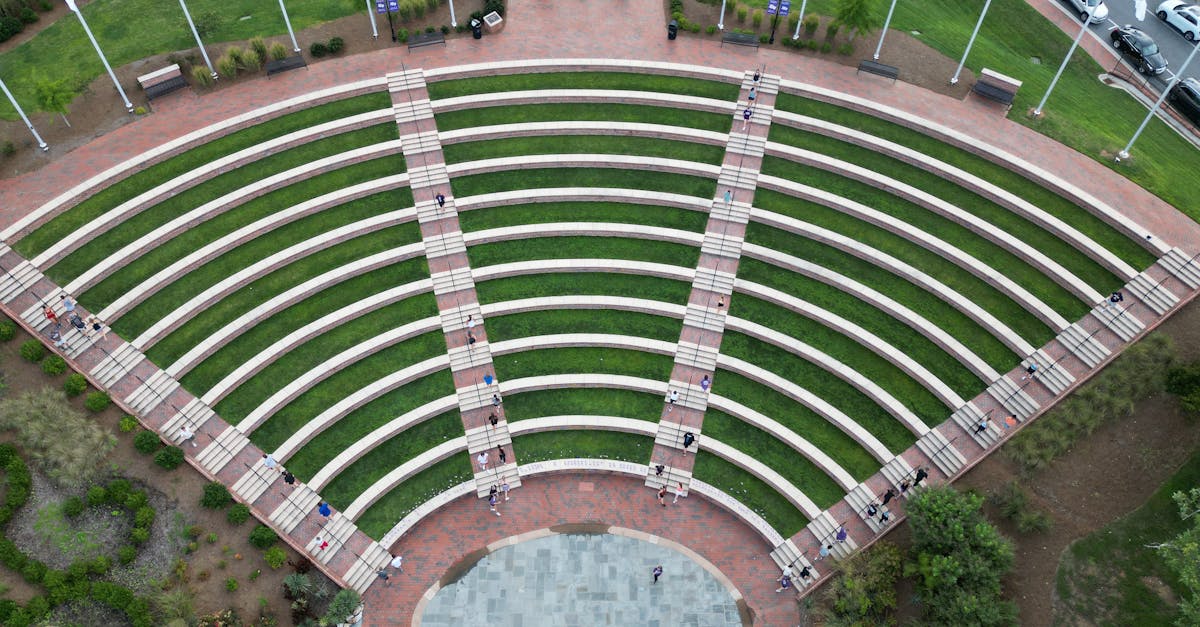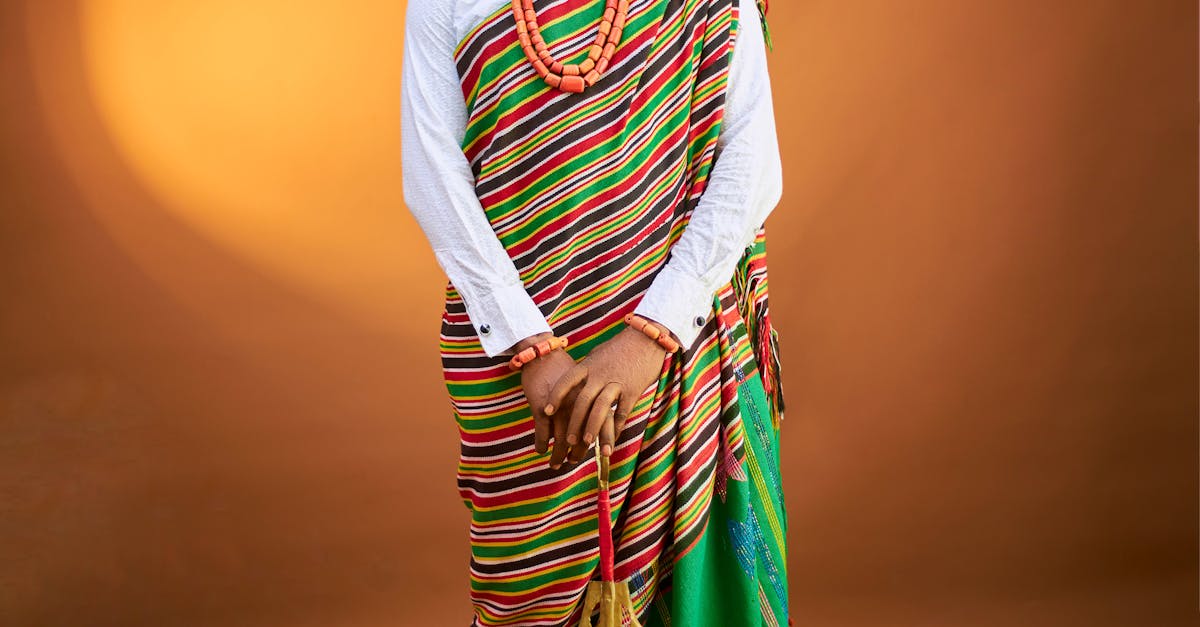NCST
-
The National Commission for Scheduled Tribes (NCST) has requested Telangana, Maharashtra, Andhra Pradesh, and Odisha to survey tribal people displaced from Chhattisgarh due to Maoist violence. This is to determine the exact number of displaced individuals and their living conditions.
-
The NCST was established by the Constitution (89th Amendment) Act, 2003, replacing the combined Scheduled Castes and Scheduled Tribes Commission with separate Commissions.
-
The NCST’s role includes monitoring safeguards for Scheduled Tribes (STs), investigating complaints related to their rights, advising on socio-economic development plans, and submitting annual reports to the President on welfare measures.
-
The NCST Chairperson has Cabinet Minister rank, the Vice-Chairperson a Minister of State rank, and members Secretary to the Government of India rank.
-
The term of office for all members (Chairperson, Vice-Chairperson, and members) is three years.
-
The article does not provide the answers to questions Q1 and Q2.

Potash
- Punjab government plans potash mining in Fazilka and Sri Muktsar Sahib districts, following surveys revealing substantial reserves.
- Potash is a general term for water-soluble potassium compounds, primarily used as fertilizer.
- Over 90% of potash is used as fertilizer, a key component of NPK (Nitrogen, Phosphorus, Potassium) for agriculture.
- Different potash forms exist, including Sulphate of Potash (SOP) (chloride-free, used on high-value crops) and Muriate of Potash (MOP) (with chloride, used on carbohydrate crops).
- Rajasthan holds the largest potash reserves in India (89%).
- India imports 50 lakh tonnes of potash annually.
- Potash reserves are also found in Punjab, potentially offering job creation and economic development.
- Farmers have concerns about land acquisition and need written assurances.
- The Punjab government assures that advanced mining techniques will minimize land impact and conduct environmental assessments.
- Mining is likely to proceed upon successful auctioning by the central government.
Cayman Islands
- The Cayman Islands, a British overseas territory, are located in the Caribbean Sea, southwest of the Cayman Islands.
- The islands consist of Grand Cayman, Cayman Brac, and Little Cayman.
- They are formed by the Cayman Ridge, an underwater mountain range.
- Known for coral reefs, crystal-clear waters, and white sand beaches.
- Grand Cayman is the largest and most populated island, with George Town as the capital.
- The islands cover a small area of 264 sq km.
- The official currency is the Cayman Islands Dollar (KYD).
- Ethnic groups include Afro-European (40%), African (20%), European (20%), and other (20%).
- Recently, a magnitude-7.6 earthquake struck southwest of the Cayman Islands.
- The islands are considered a tax-free jurisdiction with no direct taxes.
Bamboo Mission 2.0
- The National Bamboo Mission (NBM) was launched as a Centrally Sponsored Scheme in 2018-19.
- It aims to assist both government and private sectors in bamboo propagation, cultivation (non-forest land), treatment, market establishment, incubation centers, value-added product development, and tool/equipment development.
- Funding for states (excluding Northeast and hilly states) is 60:40 (Center-State). Northeast, hilly states get 90:10, Union Territories/BTSGs/National Agencies are 100% centrally funded.
- Major objectives include increasing quality planting materials, expanding cultivation areas, improving post-harvest management, market infrastructure, and reducing bamboo imports.
- Implementation is via state nodal departments nominated by respective state/UT governments.
- The mission is operational in Uttar Pradesh since 2019-20, with specific activities like nursery establishment, plantations, skill development, and bamboo product demonstrations in Shahjahanpur, Bareilly, Sitapur, Pilibhit, and Lakhimpur Kheri districts.
- The mission’s activities in various UP districts, notably include nursery development, plantations, and the establishment of Common Facility Centers (CFCs), bamboo bazaars, treatment and carbonization plants.
- The National Bamboo Mission is part of the National Forestry Action Programme (NFAP) with 100% central assistance.
Article 22
-
Article 22(1) is mandatory, not a formality: Supreme Court rules informing an arrested person of arrest grounds is crucial for a legal arrest. Failure to do so makes the arrest illegal.
-
Article 22 safeguards liberty: Provides protection against arrest and detention, acting as a check on police power.
-
Protection for all, except enemy aliens: Safeguards apply to all, barring enemy aliens. They are not applicable to civil arrests.
-
Grounds of arrest must be communicated: Grounds must be disclosed as soon as possible after arrest, preferably in writing, to the arrested person and those designated by them.
-
Speedy judicial process: Arrested individuals must be brought before a magistrate within 24 hours, excluding travel time.
-
Detention time limits: Detention beyond 24 hours requires magistrate permission. Preventive detention laws have a maximum 3-month limit unless justified by an advisory board.
-
Court’s role in ensuring compliance: Magistrates must verify Article 22(1) compliance before remanding. Courts must uphold fundamental rights.
-
Release upon violation: If Article 22(1) is violated, the court must order immediate release and may grant bail, despite statutory restrictions.
-
Burden of proof: The investigating officer/agency must prove Article 22(1) compliance if challenged.
-
Role of relatives/nominated persons: Communicating grounds of arrest to relatives/nominated persons allows them to assist in securing the person’s release.
Vishwamitri River
- A crocodile census was conducted on a 25km stretch of the Vishwamitri River in Vadodara, Gujarat, concluding February 6, 2025.
- GEER Foundation led the census, with teams including forest department members, Vadodara Municipal Corporation, student volunteers, NGOs, and wildlife enthusiasts.
- The river originates in the Pavagadh hills and flows 200 km into the Gulf of Khambhat, primarily fed by rain.
- It passes through a 25km urban stretch in Vadodara, with a significant mugger crocodile (Crocodylus palustris) population despite pollution and urbanization.
- Data analysis is ongoing, with no release date for the final crocodile count yet.
- The census involved diurnal and nocturnal counts, utilizing the crocodiles’ eye shine for night-time spotting.
- The 25km stretch was divided into zones for efficient counting, with each team documenting sighted crocodiles, sizes, locations, and behaviors.
- The survey also recorded other animals like freshwater turtles, monitor lizards, pythons, and porcupines.
- The Vishwamitri River flows through Vadodara and ends in Bharuch district.
- The Vishwamitri River is home to a large population of mugger crocodiles.
Dashavatar Plays
-
Dashavatar theatre, a traditional Marathi folk theatre form with an 800-year history, is experiencing a resurgence in Maharashtra and North Goa.
-
Performances are based on the ten incarnations of Vishnu, incorporating music, dance, pantomime, and improvisation.
-
The theatrical season begins after the paddy harvest in October and runs until May. Men traditionally play all roles, including female characters, a practice that has led to social challenges for some performers.
-
Performances are often contracted by village temple authorities for annual fairs (“jatra”).
-
The art form faces challenges from modern entertainment and declining audience interest. Government initiatives aim to preserve and promote Dashavatar through festivals and financial support.
-
A recent performance in Zarap village, Maharashtra, showcased the dedication and artistry of the performers, highlighting the unique blend of mythology, music, and gender-bending roles.
-
The use of musical instruments like the harmonium, tabla, and zanj, contributes to the immersive experience. The plays incorporate all nine rasas (emotions).
-
While some actors are concerned about the future of the art form, government initiatives and the enduring passion of performers offer hope for its continued existence.
NAAC
- NAAC halted physical college inspections to combat corruption, switching to online evaluations.
- This follows recent CBI arrests related to bribery at the Koneru Lakshmaiah Education Foundation.
- Online assessments will be fully implemented for colleges, with a hybrid approach for universities (some on-site visits).
- The move is aimed at eliminating corruption and improving the assessment process’s transparency and accountability.
- The long-delayed basic accreditation model (binary system) is now scheduled for April-May 2025.
- This new model will introduce maturity-based graded levels (MBGL) to encourage institution improvements.
- Existing institutions have an option to retain their current grade until the new system is in place, while new applicants will choose the new system.
- NAAC is a voluntary accreditation body for higher education institutions.
- It assesses colleges, universities, and recognized institutions based on multiple criteria like curriculum, teaching, infrastructure, governance, and innovation.
- NAAC’s highest grade is A++.
- NAAC is funded by the UGC.
Klub-S
- India has agreed to acquire the Klub-S missile system from Russia to enhance its submarine fleet’s capabilities.
- The Klub-S, also known as Kalibr, is a Russian cruise missile developed by NPO Novator, inducted in 1994.
- It carries a 400-kilogram warhead.
- The missile can target surface ships, submarines, and ground targets up to 300 kilometers away.
- It includes a fire control system, vertical launcher unit, and ammunition.
- Known for performance in challenging combat zones, including heavy enemy fire and electronic warfare.
- It achieves supersonic speeds during the terminal phase, making interception difficult.
- Cruises at low altitudes (10-15 meters), reducing enemy response time.
- The Klub-S is part of the Kalibr family, sharing common components for modularity.
Bhil Culture
- Bhil families allege Vasantdada Sugar Institute (VSI) is trying to demolish their homes and displace them from land they’ve lived on for generations.
- Bhils are one of India’s oldest and most widely distributed tribes, primarily in Madhya Pradesh, Maharashtra, Gujarat, Rajasthan, and parts of Tripura.
- They are predominantly agricultural, using both slash-and-burn and plow methods.
- Their language, Bhili, is an Indo-Aryan language.
- They practice ethnic religions influenced by Hinduism, worshipping deities like Khandoba and local spirits.
- A civil dispute is underway in court regarding the land. The police are following court directions.
- The NCST initiated a probe, issuing a notice to the Pune district collector and police.
- The Tehsildar’s report claims Bhils encroached on VSI land, disputing the false complaint about threats.
- VSI claims it’s building a compound wall, not displacing anyone.
- Bhils have presented documents claiming their residence is on government land or forest land, protected under the Forest Rights Act.
- The Bhils argue they’ve lived there for generations.
- There’s a status quo order from a court to prevent further action.
- An ongoing dispute involves the rights to land, with the VSI and Bhils having differing claims on the same plot.
